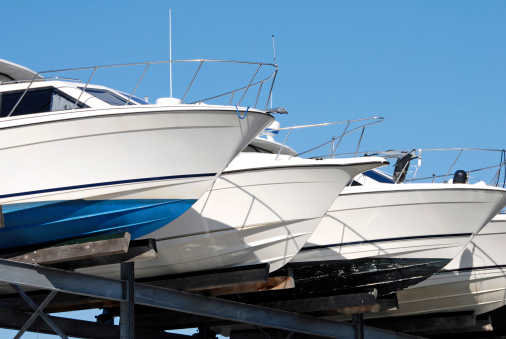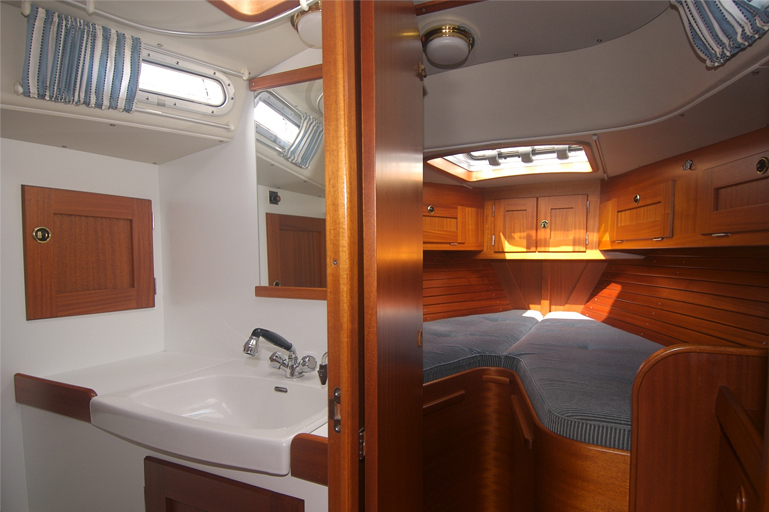Where do you keep your boat? This concern often bothers a boat owner. Proper maintenance and safe upkeep of your precious possession is essential to ensure your peace of mind. You have to consider the cost and convenience too.
Before you make a decision about boat storage, find out your options.
Put it on a trailer and store it in the backyard. This is perhaps the cheapest, and the most convenient option. You just need to invest in a trailer that’s appropriate for your boat size and shape, and stow it away when not in use.
But there’s a downside to it too. While it can be a convenient option if you live near the water body, it will be much of a hassle to tow it through a great distance. And not all have the space to store their boat in their home.
Another problem is the effects of outside elements on the boat. Unless you keep it under a good protective cover, rain, wind, hail, snow and such other hazards will wreck havoc on your loved watercraft.
Find a dry rack storage facility. An enclosed and sheltered place with racks to store away boats can be perfect if you have a small boat. Your watercraft is placed in a cradle and kept under strict surveillance.
Once you have used your boat, just leave it to the staff at the facility to put it at the right place with a forklift or some similar machinery. And when you plan to use it, just notify them in advance, and they will get down your boat from the rack.
But again, there’s a drawback to the arrangement. While it’s a good option for a small boat, it may not be feasible for a large cabin cruiser or a houseboat. And if you use your boat frequently, it will be too cumbersome.
Rent a slip at a boat marina. A wet storage facility, available at a marina, may be good to keep your large vessels. And it will be great for smaller boats too, especially if the chief cause of concern is convenience.
You just need to load your gear, take your passengers, cast off the lines and cruise away. There’s no need to trail it to the water body. And when you come back, just get down, and let the staff handle the rest.
The only problem with renting a slip at a marina is the cost. It depends on the boat’s length and the time for which you keep it there. While it ensures protection of your watercraft and ease of use for you, it doesn’t come cheap.
Buy a berth for your boat to make it an asset for life. This can be an ideal solution if you want to get rid of the ongoing costs of renting a berth at a marina and avoid the hassle. And it has its host of advantages too.
It isn’t cheap. But it’s available for you whenever you need to store your boat. And most marinas offer additional facilities such as electricity, water, telephone, TV, Internet connectivity, and so on for berth-owners.
You have to consider the expense though. If you have already invested much to fit your boat, this cost may seem to be an extra. But if you consider carefully, it’s a good investment for a boat owner. It will be of use for the lifetime of your boat.
And it makes it possible to participate in socialising activities with other owners too.
For a first time owner, a boat is a prized possession. And this love prompts them to find a proper place to store their watercrafts. Consider the choices available in your area. Determine your requirements. Make the decision about which one fits best.
And before you take out your boat for a ride from the storage facility, make sure you have your updated licence. If it hasn’t been renewed, it’s time to do it now. And if you don’t have it yet, it’s time to complete the NSW boat licence course now.





